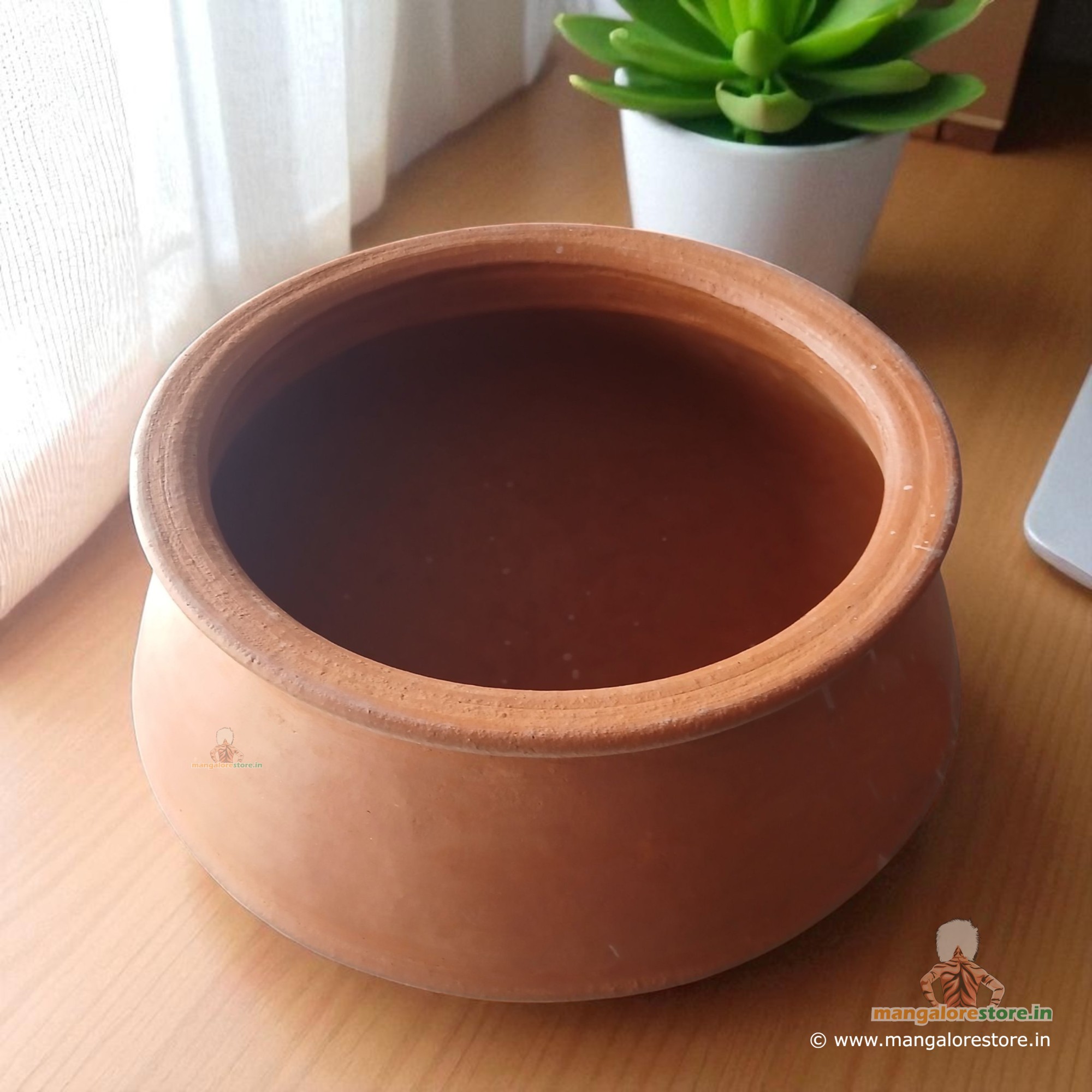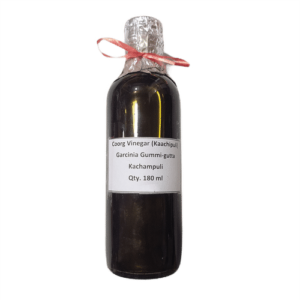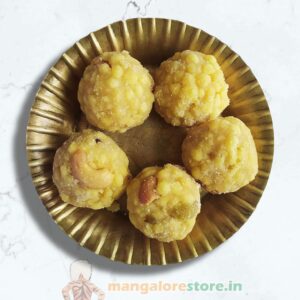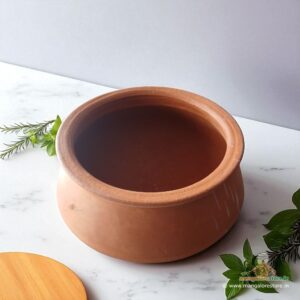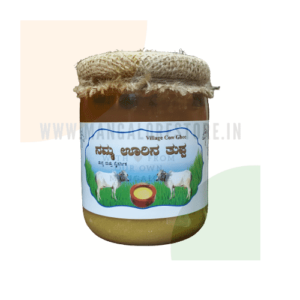Clay Cooking Pot | Bisale – Big Size – Traditional Taste, Naturally Healthy
Rediscover the joy of traditional cooking with the Big Size Clay Cooking Pot (Bisale) – a naturally non-stick, eco-friendly vessel made using age-old Indian pottery techniques. Perfect for slow cooking, this handcrafted clay pot brings back the earthy flavors of your grandmother’s kitchen while also promoting health and sustainability.
Why cook in clay? Because clay pots retain nutrients, enhance taste, and cook food evenly without the need for excess oil or synthetic coatings. Clay is alkaline by nature, which helps neutralize the acidity in food, making your meals healthier and easier to digest.
Our Bisale (big size) clay pot is ideal for preparing:
- Fish Curry, Chicken Pulimunchi, Chicken Gravy
- Sambar, rasam, and dal
- Biryani and pulav
- Curries and gravies
Crafted by skilled artisans using natural clay, this pot is:
- Unglazed and toxin-free
- Suitable for gas stoves, firewood, and low-heat cooking
- Eco-friendly and 100% biodegradable
Its big size makes it ideal for family cooking, and groups. You’ll love how the pot retains heat for longer, keeping your food warm naturally. The porous clay body also allows moisture to circulate during cooking, resulting in soft, aromatic, and flavorful dishes.
Whether you’re switching to natural cookware or reviving a forgotten family tradition, the Bisale / Clay Cooking Pot adds both flavor and wellness to your meals. Plus, it’s beautifully rustic—adding an aesthetic charm to your kitchen.
Key Features
- 100% Natural Clay
- Handcrafted and Unglazed
- Suitable for Gas Stove (Low Flame)
- Big Size – Ideal for 4–6 persons
- Traditional Design
- Food Safe & Chemical-Free
Benefits of using Clay Cooking Pot
- Enhances Flavor: Earthy aroma and slow cooking enrich taste
- Retains Nutrients: No metal or non-stick coating interference
- Eco-Friendly: Sustainable, biodegradable, and zero waste
- Healthy Cooking: Alkaline clay balances acidity in food
- Cultural Connection: Brings back traditional Indian cooking practices

